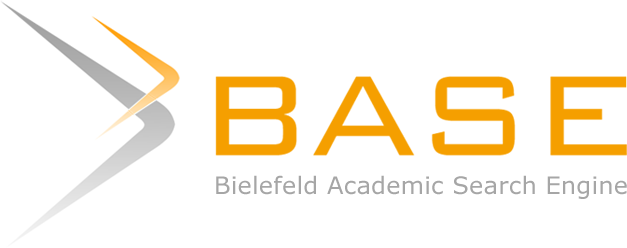Challenges and Treatment in Liver Diseases
Keywords:
Liver Diseases, Viral Hepatitis, CirrhosisAbstract
Liver diseases, encompassing viral hepatitis, cirrhosis, and liver cancer, present substantial global health challenges due to the liver's vital role in detoxification and metabolism. This study explores the multifaceted issues related to liver disease management, highlighting the disparity in disease burden between developed and developing countries. Through a qualitative analysis of interviews with hepatologists and gastroenterologists, we identify critical challenges, including delayed diagnosis, patient adherence issues, and healthcare infrastructure disparities. Our findings reveal that while advancements such as direct-acting antivirals and liver transplantation have significantly improved treatment outcomes, uneven access to these treatments exacerbates existing health disparities. The study emphasizes the necessity for enhanced screening programs, comprehensive patient education, and strategic investment in healthcare resources, particularly in under-resourced regions. Theoretical insights from the socio-ecological model and health disparities concepts underscore the need for multi-level interventions. This review also identifies key knowledge gaps, including the need for research into emerging therapies, multidisciplinary care approaches, and socioeconomic impacts on treatment adherence. Addressing these gaps through targeted research and policy changes is crucial for advancing liver disease management and improving patient care. This article aims to contribute valuable insights and actionable recommendations to the field of hepatology and public health.










